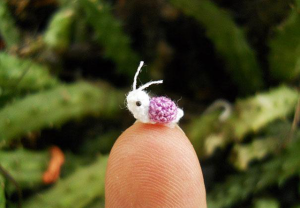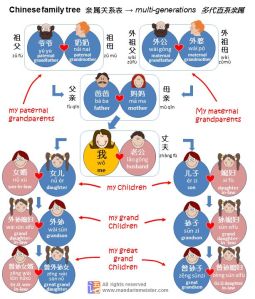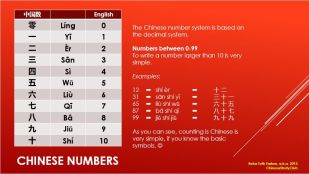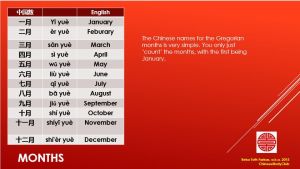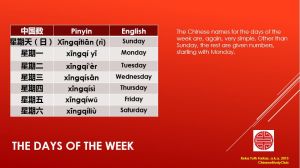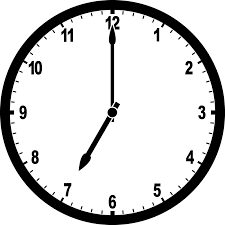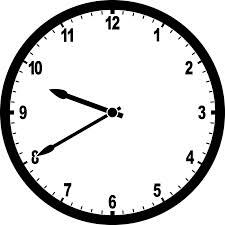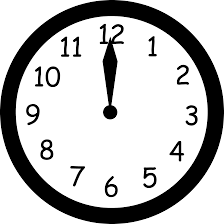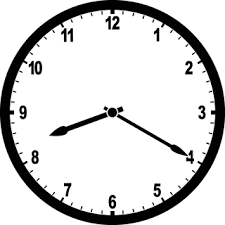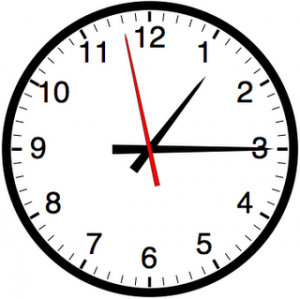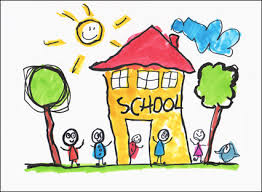Hi all!
How’s your studying coming along during the summer? I’ve been loving the summer weather and taking what chances I get to get out and enjoy, taking my little notebook along with me and trying to make my own sentences as I go. 🙂
A big thing for me: I’m now able to put together some little sentences for myself. Not much, but okay, based on the lessons I’ve learnt thus far!
YAY!!!
What about you?
Make sure to post your own, I’d love to hear from you! 🙂
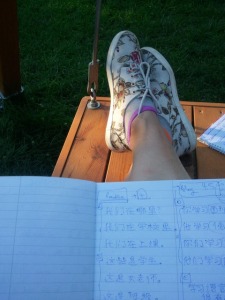
XD
But enough of the chit-chat!
Let’s get down to today’s little lesson.
We’ve got some nice synonyms here, so make notes of that.
Also, we’ll be looking at how to use SUBJECT+VERB sentence structures with one verb: learning. so watch for the sentence pattern. I’ll be putting up a grammar note for the next post soon to follow up on this, so keep an eyeball out for that one, too.
我们在哪里?
Wǒmen zài nǎlǐ?
Where are we?
我们在学校里。
Wǒmen zài xuéxiào lǐ.
We are in school.
我们在上课。
Wǒmen zài shàngkè.
We are in class.
这些是学生。
Zhèxiē shì xuéshēng.
Those are students.
这是女老师。
Zhè shì nǚ lǎoshī.
that is the (lady) teacher.
这是班级。
Zhè shì bānjí.
That is the class.
这是教师。
Zhè shì jiàoshī.
That is the classroom.
我们做什么?
Wǒmen zuò shénme?
What are we doing?
我们学习。
Wǒmen xuéxí.
We learn.
我们学习一门语言。
Wǒmen xuéxí yī mén yǔyán.
We learn a language.
我们学习英语。
Wǒmen xuéxí yīngyǔ.
We learn English.
你学习西班牙语。
Nǐ xuéxí xībānyá yǔ.
you learn Spanish.
他学习德语。
Tā xuéxí déyǔ.
He learns German.
你们学习意大利语。
Nǐmen xuéxí yìdàlì yǔ.
You (all) learn Italian.
他们学习俄语。
Tāmen xuéxí èyǔ.
They learn Russian.
学习言语是很有趣的。
Xuéxí yányǔ shì hěn yǒuqù de.
Learning languages is very interesting.
我们要理解人们。
Wǒmen yào lǐjiě rénmen.
We want to understand people.
我们要听懂人们。
Wǒmen yào tīng dǒng rénmen.
We want to understand people.
我们要理解讲话。
Wǒmen yào lǐjiě jiǎnghuà.
We want to understand speech.
我们要听懂讲话。
Wǒmen yào tīng dǒng jiǎnghuà.
We want to understand speech.
我们想和人们说话。
Wǒmen xiǎng hé rénmen shuōhuà.
We would like to speak with people.
我们想和人们交谈。
Wǒmen xiǎng hé rénmen jiāotán.
We would like to converse with people.
And, of course, after all this, here are the usual flashcards. From now on, I won’t be making only English and pinyin flashcards, to motivate us all to use the language in its proper manner: no pinyin only! 🙂
Sentence flashcards (hanzi and pinyin)
Word flashcards (hanzi and pinyin)
And after all that work, here’s a potato face!






